Recently, Russia announced that the Enteromix vaccine, which has the ability to support cancer treatment, is ready for use. After 3 years of testing, the vaccine has been proven effective for colorectal cancer patients. In the future, scientists are also researching the use of this vaccine for other cancer patients.
This success not only ignited new faith in millions of cancer patients worldwide , marking a breakthrough in global medicine, but also opened a new era: the era of vaccines that can accompany humanity in both preventing and treating diseases that were once considered a "death sentence".
Preventive vaccines
One of the greatest achievements of modern medicine is the use of vaccines to prevent cancer before it forms. The two most prominent vaccines are the HPV (Human Papillomavirus) vaccine and the hepatitis B (HBV) vaccine. Both are available in Vietnam.
In Vietnam, the two currently licensed vaccines that can reduce the risk of cancer are the HPV vaccine and the hepatitis B vaccine (Illustration: Unsplash).
HPV vaccine
HPV is responsible for more than 90% of cervical cancers. It is the fourth most common cancer in women worldwide, with approximately 660,000 new cases diagnosed each year, according to GLOBOCAN statistics published in 2024. In addition, HPV is also responsible for cancers of the vulva, vagina, anus, penis, throat, and genital warts.
The HPV vaccine is recommended by the World Health Organization for use in adolescent girls aged 9-26 and adolescent boys aged 9-21. Since 2018, the US Food and Drug Administration (FDA) has expanded the age range for vaccination to 45 years old.
The World Health Organization (WHO) aims to eliminate cervical cancer by 2030 through the "90-70-90" strategy: 90% of girls are fully vaccinated against HPV before age 15, 70% of women are screened twice in their lifetime (at ages 35 and 45), and 90% of patients receive timely treatment.
In Vietnam, cervical cancer is the cancer with the highest number of new cases and deaths in Vietnam. According to the latest statistics of GLOBOCAN, in 2022, Vietnam detected more than 4,600 cases of cervical cancer and more than 2,500 people died from this disease.
According to Resolution No. 104/NQ-CP dated August 15, 2022 of the Government, in 2026, cervical cancer prevention vaccine will be included in the Expanded Immunization Program in Vietnam.
Hepatitis B vaccine
Chronic hepatitis B is the main cause of liver cancer. According to GLOBOCAN, it is the sixth most common cancer globally, with more than 900,000 deaths annually.
According to the World Health Organization (WHO), there are currently about 254 million people worldwide carrying the hepatitis B virus. Every day, the world records about 6,000 new infections and 3,500 deaths. Vietnam is among the 10 countries with the highest burden of hepatitis B, with about 6.5 million infected people and about 900,000 carriers.
Vaccination remains the most effective way to prevent disease. The HBV vaccine, recognized by the FDA as the "first anti-cancer vaccine," has proven effective in preventing hepatitis B virus infection.
Hepatitis B vaccine has been included in the Expanded Immunization Program since 1997. Hepatitis B vaccination within the first 24 hours after birth can help prevent mother-to-child transmission with 80-95% effectiveness.
According to statistics published in 2018, the rate of 3rd dose hepatitis B vaccination nationwide is at a positive level, reaching an average of over 94% from 2014 to 2017. The rate of hepatitis B vaccination within 24 hours after birth is also gradually increasing, reaching 76.6% by the end of 2017.
Therapeutic vaccines
In addition to prevention, therapeutic vaccines are becoming a promising “personalized therapy” that activates the immune system to directly attack cancer cells. By 2025, this field has made great strides, especially with mRNA technology.
The world is racing to research cancer vaccines personalized for each patient (Photo: Unsplash).
Approved by the FDA in 2010, Provenge (Sipuleucel-T) is the first treatment vaccine for metastatic prostate cancer that uses the patient’s immune cells to fight the PSA protein on cancer cells. This year, the vaccine has helped thousands of patients live an average of 4-6 months longer, and is being studied for other types of cancer.
In addition, most recently, Russia successfully tested the Enteromix cancer vaccine, opening up a potential breakthrough in cancer treatment. The vaccine will be used first for colorectal cancer and is being studied in the treatment of other types of cancer.
Unlike conventional cancer treatments such as chemotherapy and radiation, Enteromix works by targeting and eliminating cancer cells without damaging healthy tissue.
Enteromix combines four harmless viruses that have been engineered to “hunt down” cancer cells and train the body's immune system to fight back.
Researchers observed that the vaccine was safe when given repeatedly and was effective. When used, the size and growth of tumors decreased by about 60-80%. It also showed an improvement in patient survival.
Recently, the UK National Health Service (NHS) will introduce the subcutaneous injection drug Nivolumab to treat 15 types of cancer, including lung, bowel, kidney, bladder, esophageal, skin, head and neck cancer.
NHS England said the Nivolumab injection treatment would save doctors around 1,000 hours a month in treating cancer patients. The centre typically treats around 1,200 patients with various cancers.
In March, researchers at Tufts University (USA) successfully researched a new cancer vaccine. The vaccine was tested on animals, showing effectiveness against skin cancer, breast cancer, Lewis lung cancer and late-stage ovarian cancer.
Unlike traditional vaccines that prevent bacterial or viral infections, these vaccines stimulate the immune system to recognize and attack diseased cells. The shots are designed to treat rather than prevent disease.
The development of vaccines for cancer prevention and treatment shows that medicine is getting closer to the goal of turning this disease into a manageable condition. Although there are many challenges in terms of cost, access and research, each step forward opens up more opportunities for millions of patients around the world.
Source: https://dantri.com.vn/suc-khoe/the-gioi-chung-kien-ky-nguyen-vaccine-chong-ung-thu-20250910151302352.htm


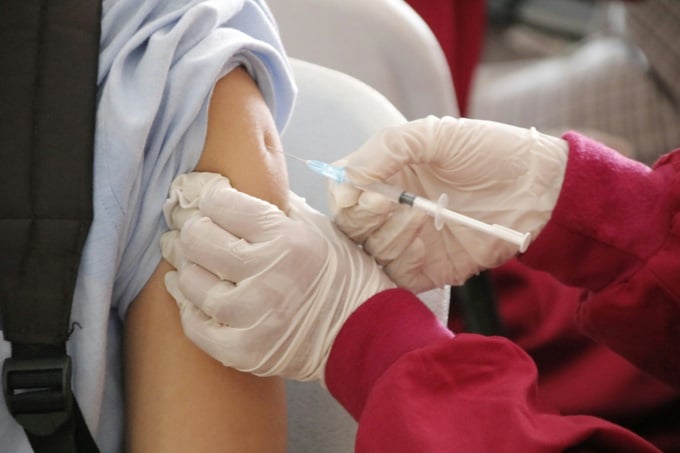
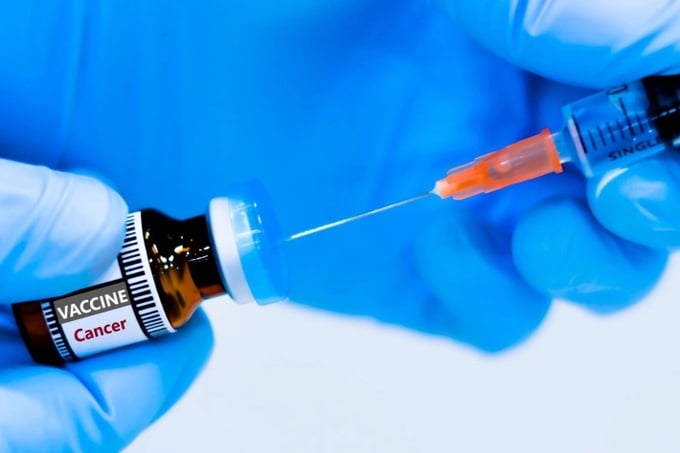
![[Photo] Panorama of the cable-stayed bridge, the final bottleneck of the Ben Luc-Long Thanh expressway](https://vphoto.vietnam.vn/thumb/1200x675/vietnam/resource/IMAGE/2025/9/30/391fdf21025541d6b2f092e49a17243f)

![[Photo] General Secretary To Lam, Secretary of the Central Military Commission attends the 12th Party Congress of the Army](https://vphoto.vietnam.vn/thumb/1200x675/vietnam/resource/IMAGE/2025/9/30/9b63aaa37ddb472ead84e3870a8ae825)
![[Photo] Solemn opening of the 12th Military Party Congress for the 2025-2030 term](https://vphoto.vietnam.vn/thumb/1200x675/vietnam/resource/IMAGE/2025/9/30/2cd383b3130d41a1a4b5ace0d5eb989d)
![[Photo] The 1st Congress of Phu Tho Provincial Party Committee, term 2025-2030](https://vphoto.vietnam.vn/thumb/1200x675/vietnam/resource/IMAGE/2025/9/30/1507da06216649bba8a1ce6251816820)
![[Photo] President Luong Cuong receives President of the Cuban National Assembly Esteban Lazo Hernandez](https://vphoto.vietnam.vn/thumb/1200x675/vietnam/resource/IMAGE/2025/9/30/4d38932911c24f6ea1936252bd5427fa)


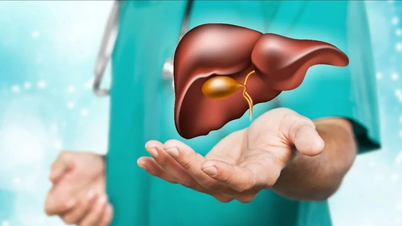

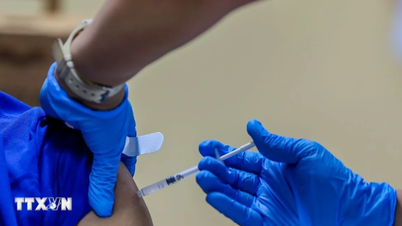








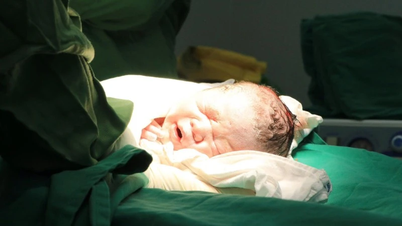


















































































Comment (0)